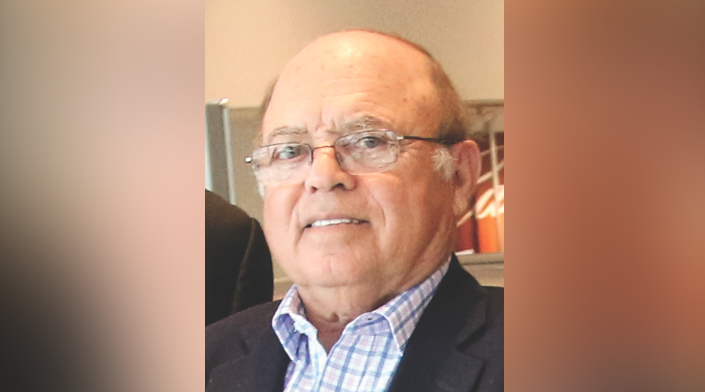Valley residents worry about friends, family in Puerto Rico

By Sarah Lehr
YOUNGSTOWN
Luis Roberto Jiminez of East Palestine spent most of Wednesday anxiously checking Facebook for updates from his family in Puerto Rico.
Although Jiminez’s brother lost cell service and electrical power, he was able to connect to Wi-Fi and communicate via social media.
In the hours before Hurricane Irma’s predicted landfall in the U.S. territory, Jiminez saw photos of felled trees and other early signs of damage.
As of late Wednesday afternoon, the storm had battered Barbuda, St. Martin, St. Bart’s and some of the British Virgin Islands. Forecasters said the hurricane center’s might next hit just north of Puerto Rico.
Jiminez’s family members, who live in the northern city Guaynabo and the capital, San Juan, spent the days preceding the storm filling up their gas tanks and stocking up on food, bottled water and medication.
“My family feels very prepared,” Jiminez said. “Of course, there are always nerves.”
Because they do not live in a flood-prone area, Jiminez’s family members were not told to evacuate. The island’s residents, Jiminez said, are accustomed to following emergency protocols.
Jiminez is old enough to remember the devastation wrought by Hurricane Georges, a category 4 hurricane, in 1998, but he observed the younger generation is not familiar with a storm of Irma’s magnitude. Hurricane Irma is a category 5.
The National Weather Service has recorded 185-mph winds from Hurricane Irma – some of the strongest winds ever recorded in the Atlantic. Numbers like that are enough to make Jiminez pray the storm will only graze populous areas.
Shorty Navarro of Boardman, a local car dealer and philanthropist, was optimistic Wednesday afternoon that Puerto Rico would be mostly spared.
Navarro, who came to Youngstown from Puerto Rico when he was 14, has followed some of the news coverage and believes the governor of Puerto Rico, who has declared a state of emergency, has a handle on the situation.
“The thing about most of these little islands – they’re used to it,” Navarro said. “The media makes it look bigger, I think. ... We’ve been through this many times before.”
In the hours before the storm hit, Navarro did say he had heard accounts of on-again, off-again rain and heavy winds that rattled windows.
Navarro has property in southern Puerto Rico – far enough away, he thinks, from the northern part of the island that is expected to be closer to the eye of the storm.
He said that though many houses in Puerto Rico are built from cement to withstand storms, he worries about the less-sturdy homes.
“It’s bad for the poor who live in shacks along the river,” Navarro said. “The other thing that is the worst is the loss of electricity. It might go out for weeks or months.”
 43
43
